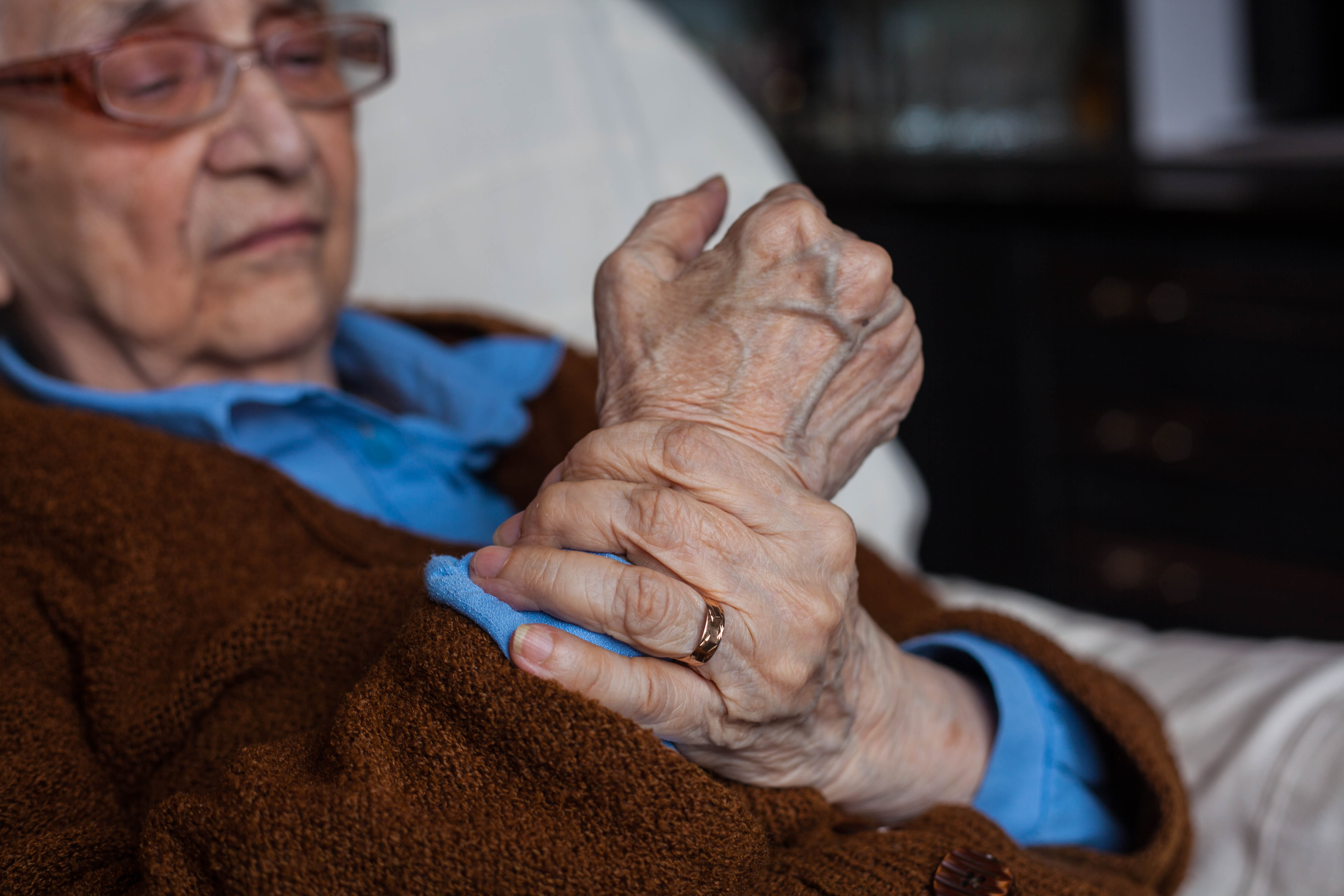
If you’ve experienced some kind of hand injury or surgery, or anything of that nature, then you might be in need of a hand specialist. There are a few different medical professionals to be aware of as you start your journey to healing. And it’s important to find the right one for your particular needs!
Here’s what you need to know.
Types of Hand Specialist You Should Be Aware Of
There are different kinds of professionals who deal with healing hands, but they each have their own unique set of skills and goals. Some professionals who specifically deal with hand health include:
- Certified hand therapist
- Occupational hand therapist
- Physical therapist
- Hand doctor
Each of these can help you depending on your physical limitations and needs. Sometimes you might even need a combination of a few. Here’s how to tell the difference between them.
What Exactly is the Difference?
When they all have “hand” in the title, it’s easy to think they all do the same thing. It’s all hand health, right? Well, not exactly. The hand is a very complicated part of the body – there are lots of small bones and tendons and muscle within a hand that, when damaged, can need a lot of specific care.
This specific care is usually determined after a professional medical assessment of your hand and what you might be experiencing: is it trigger finger? Is it carpal tunnel syndrome? Is it something else entirely?
Once you have been diagnosed, you will likely be recommended to get treatment from one of the following professionals. We broke down the basics so that you can feel educated and prepared for your hand treatment!
Certified Hand Therapist
A certified hand therapist (CHT) can be either an occupational (OT) or physical therapist (PT) who has a minimum of 3 years of clinical experience. This experience includes over 4,000 hours or more in direct practice in hand therapy specifically.
Basically, this type of therapist has a LOT of experience and has a professional focus in hand care. Plus, they are certified as either an occupational therapist or a physical therapist.
This is where the difference in type of care really comes in.
Occupational Hand Therapist
An occupational hand therapist (OT) does not directly treat a person’s injury – instead, an OT tends to focus more on evaluating and improving a person’s functional abilities. An OT will help a person to optimize their quality of living and return to daily activities after an injury or a surgery.
For example, after hand surgery, a person might find it difficult to be able to shower, tie their shoes, or turn a key in the door. An occupational therapist can help with tasks such as these and get the patient back to independence.
Physical Therapist
A physical therapist (PT) is a professional who is focused on healing the patient’s hand wound or returning the patient back to their previous mobility after surgery. A physical therapist who’s working on a hand might help the patient with stretching and strengthening exercises, massage, and even acupuncture or dry needling to help relieve pain and treat the cause of it.
Physical therapy can be a great solution for those who want to avoid a surgical approach to their hand pain. To be clear, though, only a doctor can tell a patient if he or she must have surgery or not – sometimes it’s unfortunately unavoidable.
Hand Doctor
A hand doctor, or hand surgeon, is an MD who specializes in hand care. They might also be referred to as a hand specialist. Should a doctor diagnose your hand problem to be severe, you might be required to visit a hand surgeon.
After surgery, a hand surgeon might refer you to a certified hand therapy clinic in order to help you heal and return your hand to its normal function. Hand surgeons and hand therapists often work together that way.
A hand specialist can take many different forms in the medical world – hand therapist, occupational hand therapist, hand surgeon. All of them are fully qualified to take care of your needs and help you on your road to healing.
